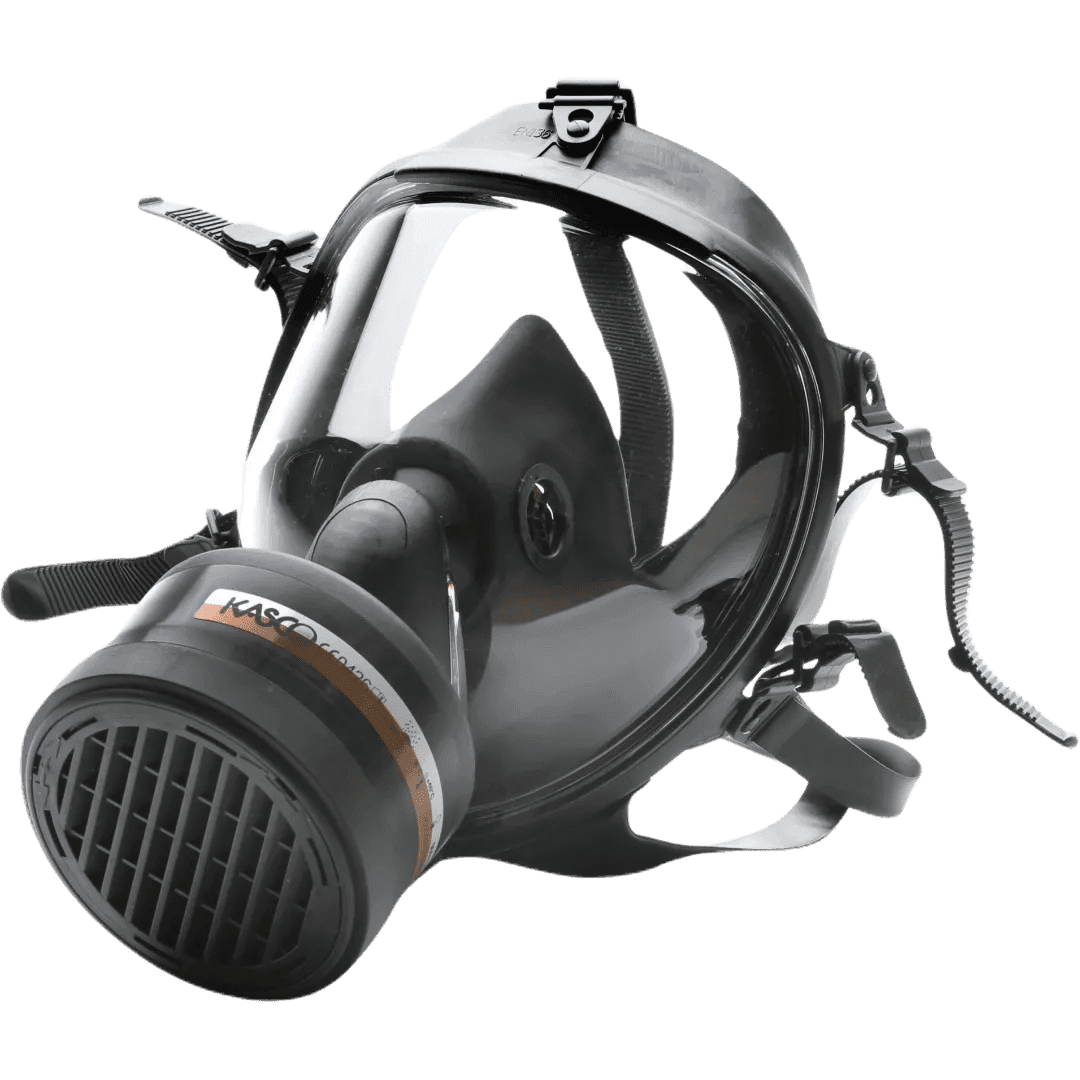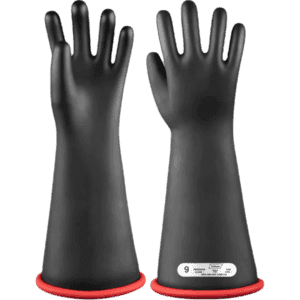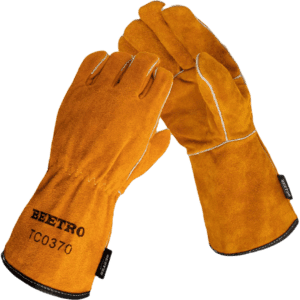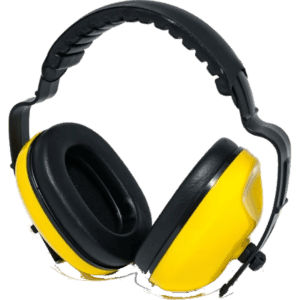Full face masks are designed to provide full respiratory protection, covering not only the mouth and nose but also the eyes. These masks are essential in environments where workers are exposed to harmful dust, chemicals, gases, vapors, or infectious particles. By sealing tightly around the face and using replaceable filter cartridges or canisters, full face masks offer superior protection against a wide range of airborne hazards. Full face masks are commonly used in industries such as construction, pharmaceuticals, chemical manufacturing, and emergency response.
Key Features:
- Full-Face Protection: Protects both the respiratory system and the eyes from harmful particles, chemicals, and gases.
- Replaceable Filters: Equipped with filters or cartridges that can be changed depending on the specific hazards in the environment.
- Comfortable Seal: Designed to create a secure seal around the face, minimizing the risk of exposure to harmful substances.
- Wide Field of Vision: The lens is made from high-quality, impact-resistant materials, providing excellent visibility.
- Adjustable Head Straps: Ensures a snug fit for all head sizes and allows for extended use without discomfort.
Types and Standards: Full face masks must meet strict safety standards such as SASO 1193 (Saudi) and EN 136 (European). The primary types include:
- Negative Pressure Full Face Masks: Air is drawn into the mask through filters, providing respiratory protection against dust, fumes, and gases.
- Powered Air-Purifying Respirators (PAPR): These systems provide filtered air through a powered blower, offering greater comfort and protection in highly contaminated environments.
Brands Available: Well-known brands like 3M, Honeywell, MSA, Sundström, and Dräger offer a wide range of full face masks designed for different industrial and safety applications. These brands are recognized for their high-quality manufacturing, performance, and safety features.
General Maintenance: To maintain a full face mask, regularly check the face seal for any cracks or damage. Clean the mask with mild soap and water, and ensure that all components, including straps and seals, are intact. Replace filters and cartridges according to the manufacturer’s guidelines, based on usage and environmental conditions. Store the mask in a dry, clean area, away from direct sunlight or harsh chemicals, to prevent degradation.





